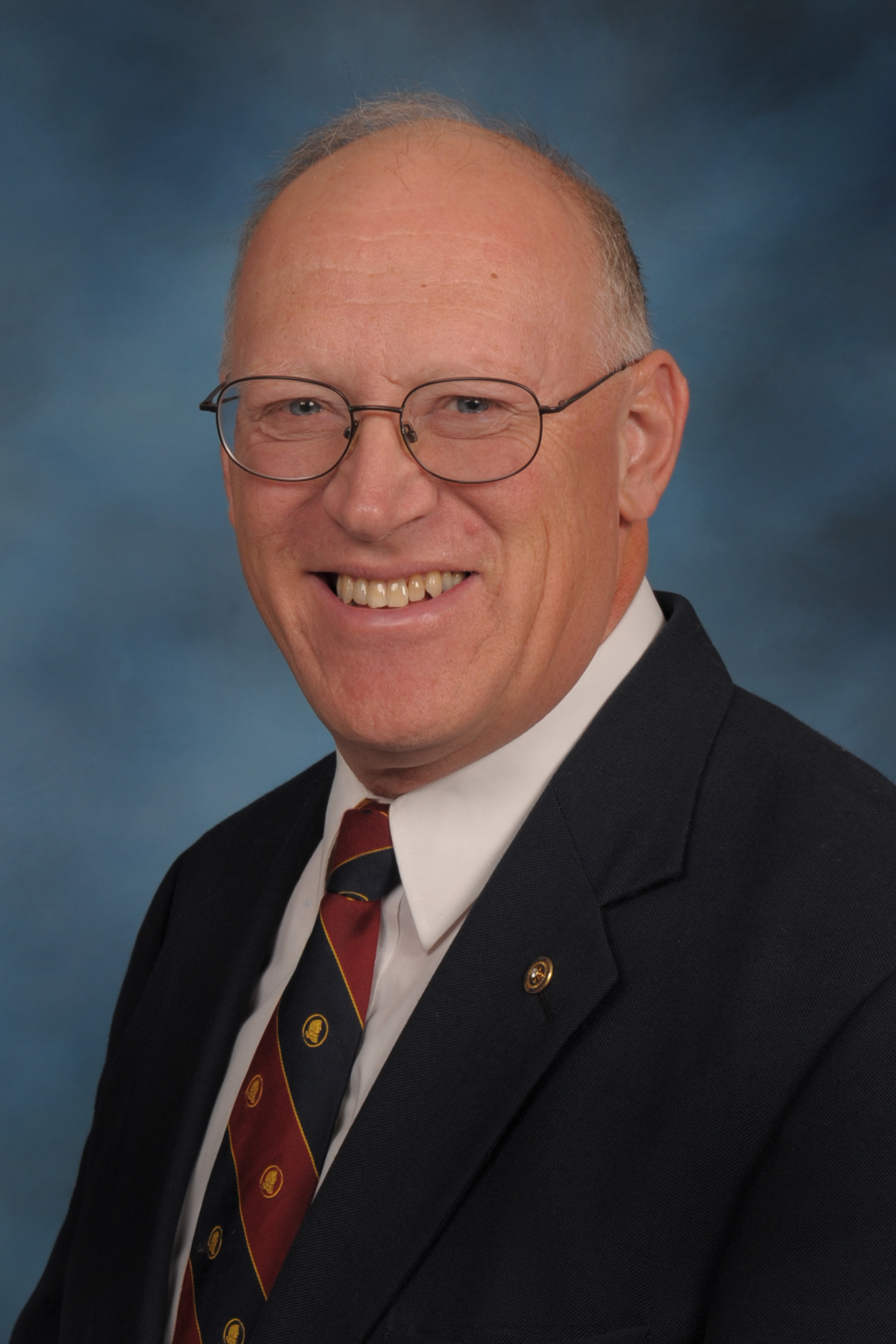Where is the largest transloading facility in North America? Not New York, Chicago, Dallas or Atlanta. It is located in Garden City, Kansas. This project, along with a new dairy processing plant and more, are contributing to the growth and vitality of this part of rural Kansas.

Last week we learned about Lona Duvall, who worked to help bring the new milk processing plant to Garden City in September, 2017. Lona is president and CEO of Finney County Economic Development in Garden City. She grew up in the nearby rural community of Leoti, population 1,450 people. Now, that’s rural.
After college, Lona came to Garden City where she worked in banking. In 2010, she joined the Finney County Economic Development organization as its business retention director and was promoted to president in 2011.
Garden City has long been known as a center of the beef packing industry, but in 2000, the town’s big ConAgra beef packing plant was devastated in a fire. It never reopened, and one of Lona’s goals was to redevelop the area.
One day Lona was contacted by a couple of men from Wyoming. They informed her that they were working on a project and wanted to lease 10 acres along the railroad tracks in Garden City. She went to work to help them. They quickly learned they needed more space. In three days, they said to her, “Well, we need 50 acres and a railroad spur.” The project continued to grow.
The company was named Transportation Partners & Logistics, which specialized in intermodal port, truck, rail and distribution processes. The company’s first project in Garden City was to handle incoming wind turbine equipment. It was on a hard deadline.
“They had a unit train coming with this equipment in 19 days,” Lona said. It appeared impossible at first, but the city and county mobilized to make it happen. “I participated in four special meetings of the city council in five days.” With support from the city and county and KDOT, and with workers on the job day and night, 8,000 feet of railroad got built and the first train came on time in 19 days. The company was off and running, so to speak. TP&L’s transload facility is now 700 acres, the largest on the continent. It’s located at the site of the former ConAgra plant.
“It was a Godsend to get it redeveloped,” Lona said. The rapid success on this project also created positive momentum and a “can do” attitude in the community. “We showed what could happen when we work together,” she added.
Lona chairs the dairy committee for the western Kansas Rural Economic Development Alliance. She is also attuned to the concerns about future water supply for the region. Lona noted that the new, large dairies have closed loop systems so that waste water and nutrients are saved and re-utilized.
“These dairymen care every bit as much about the environment as anyone,” Lona said. “There is no better steward than the man who works the land for his livelihood.”
The new dairy processing plant is remarkable in that it converts fluid milk to powdered milk, thus generating water for the community. It is a net gain for the community’s water supply. The powdered milk is being trucked to Kansas City and ultimately to the export market. This created an opportunity in the transportation sector. Mies and Sons Trucking Company was recruited to Garden City and located next to the dairy plant so as to provide the hauling service for powdered milk.
Such projects are beneficial to the community and the entire region, according to Lona.
“We take seriously that our success directly impacts all the rural communities around us,” Lona said. “When we discuss projects as Finney County Economic Development, we ask how this can benefit outlying counties,” she said.
For more information, see www.ficoedc.com.
Where is the biggest transloading facility in North America? Garden City, Kansas. We commend Lona Duvall and all those involved with Finney County Economic Development for making a difference with regional economic development. They are carrying a big load.
Audio and text files of Kansas Profiles are available at http://www.kansasprofile.com. For more information about the Huck Boyd Institute, interested persons can visit http://www.huckboydinstitute.org.
